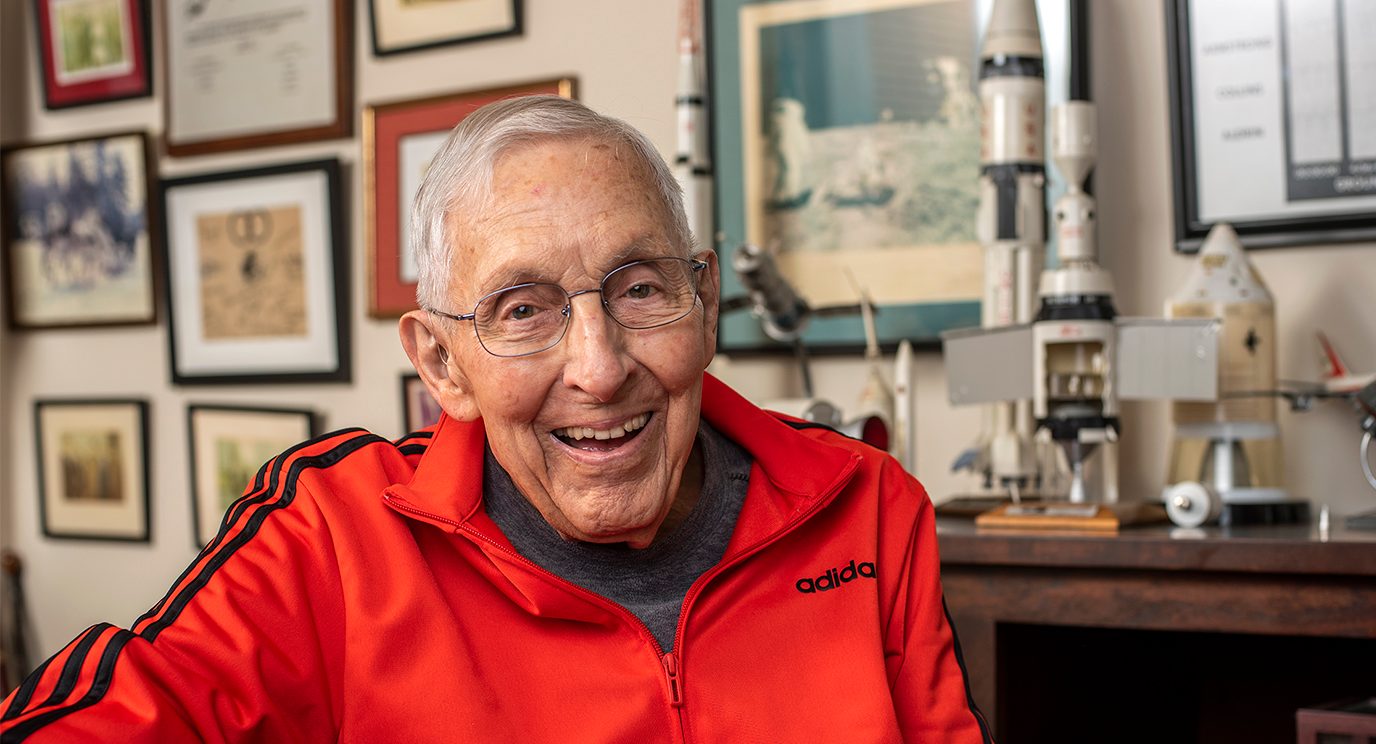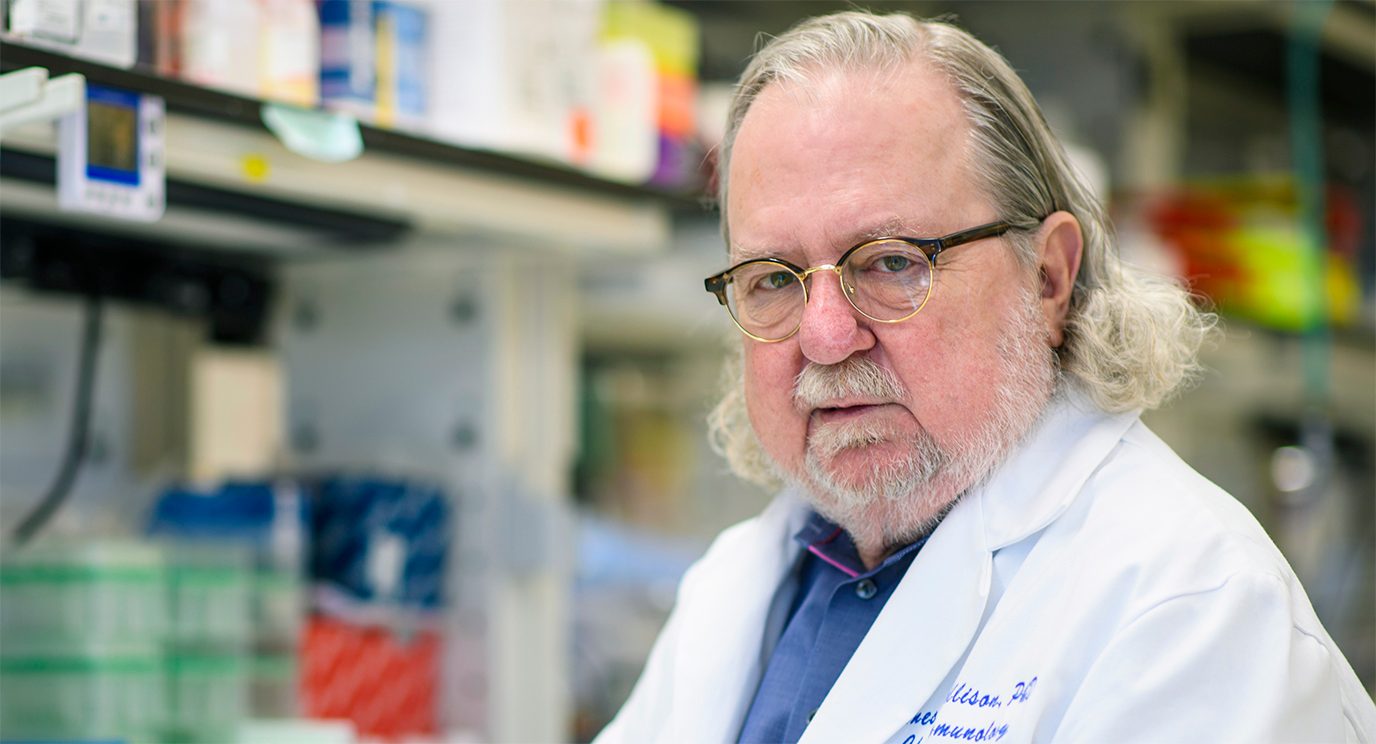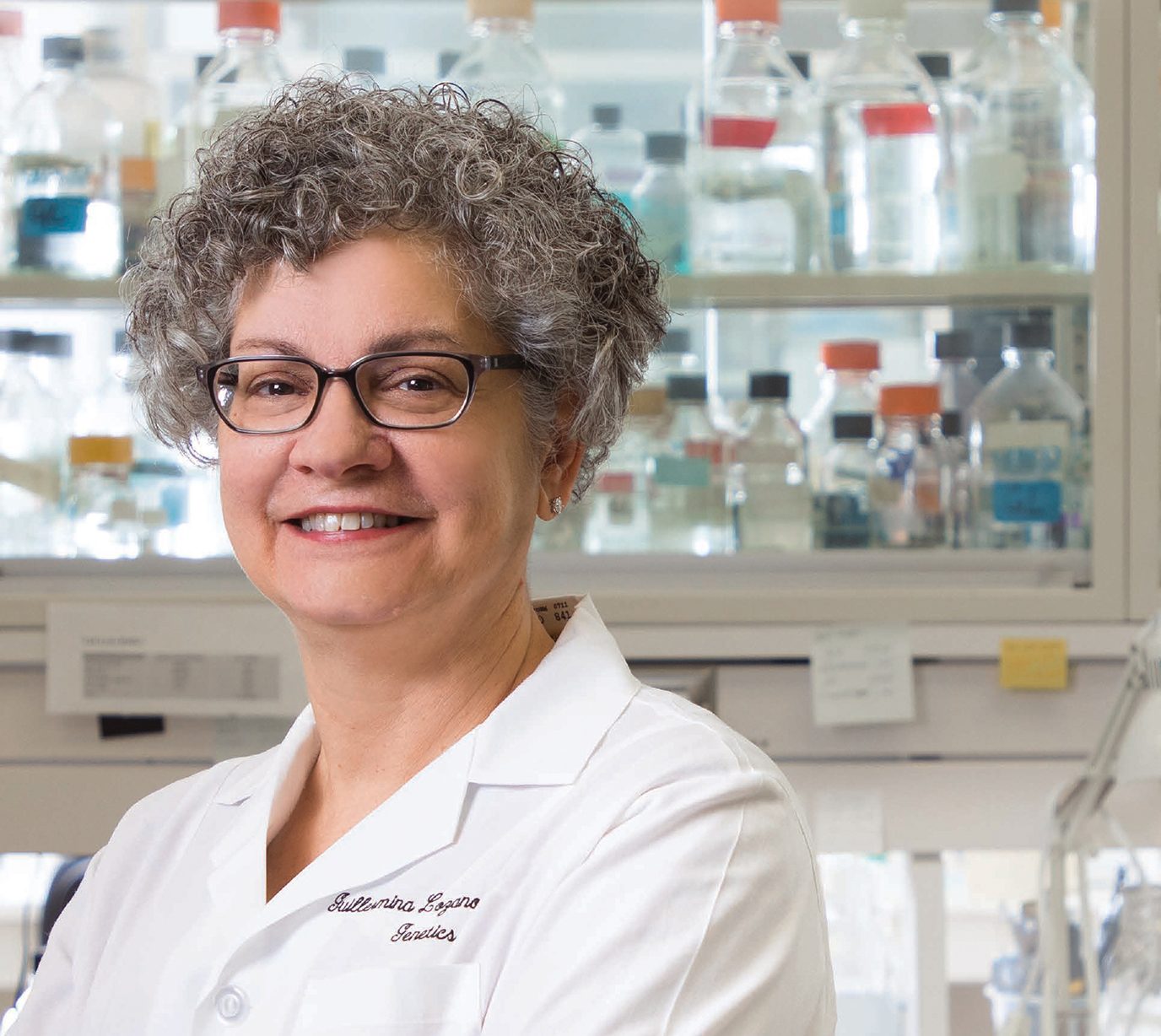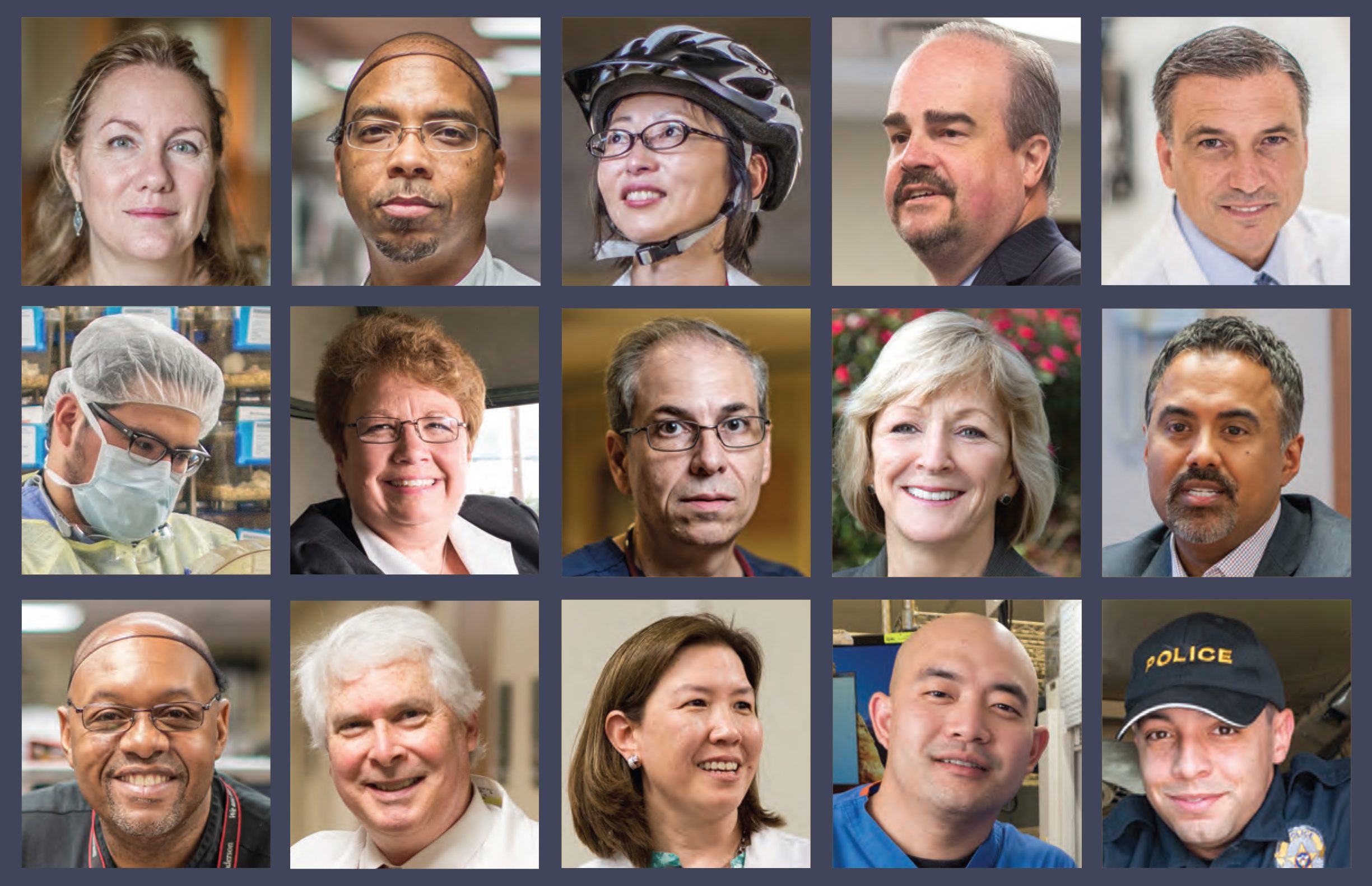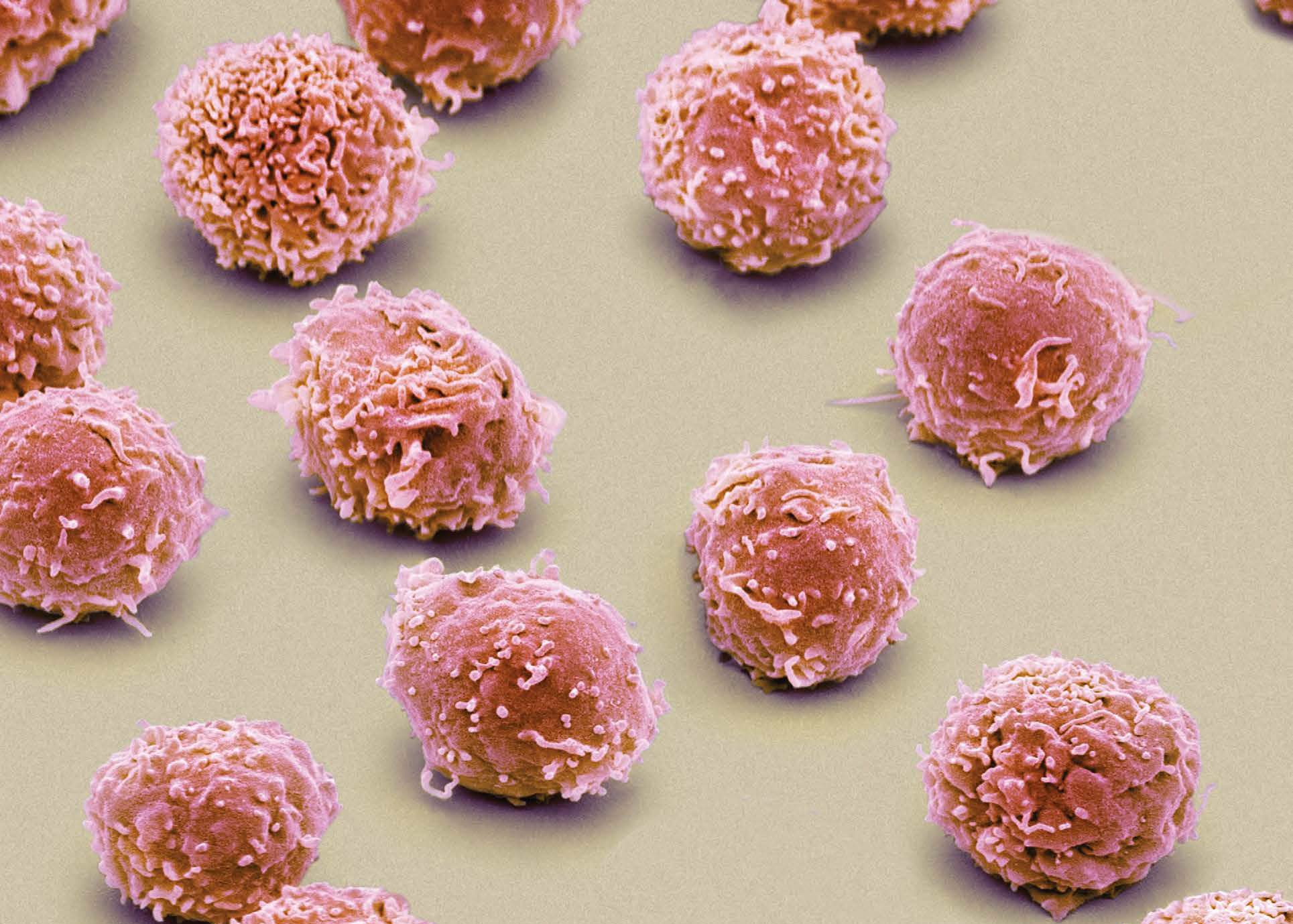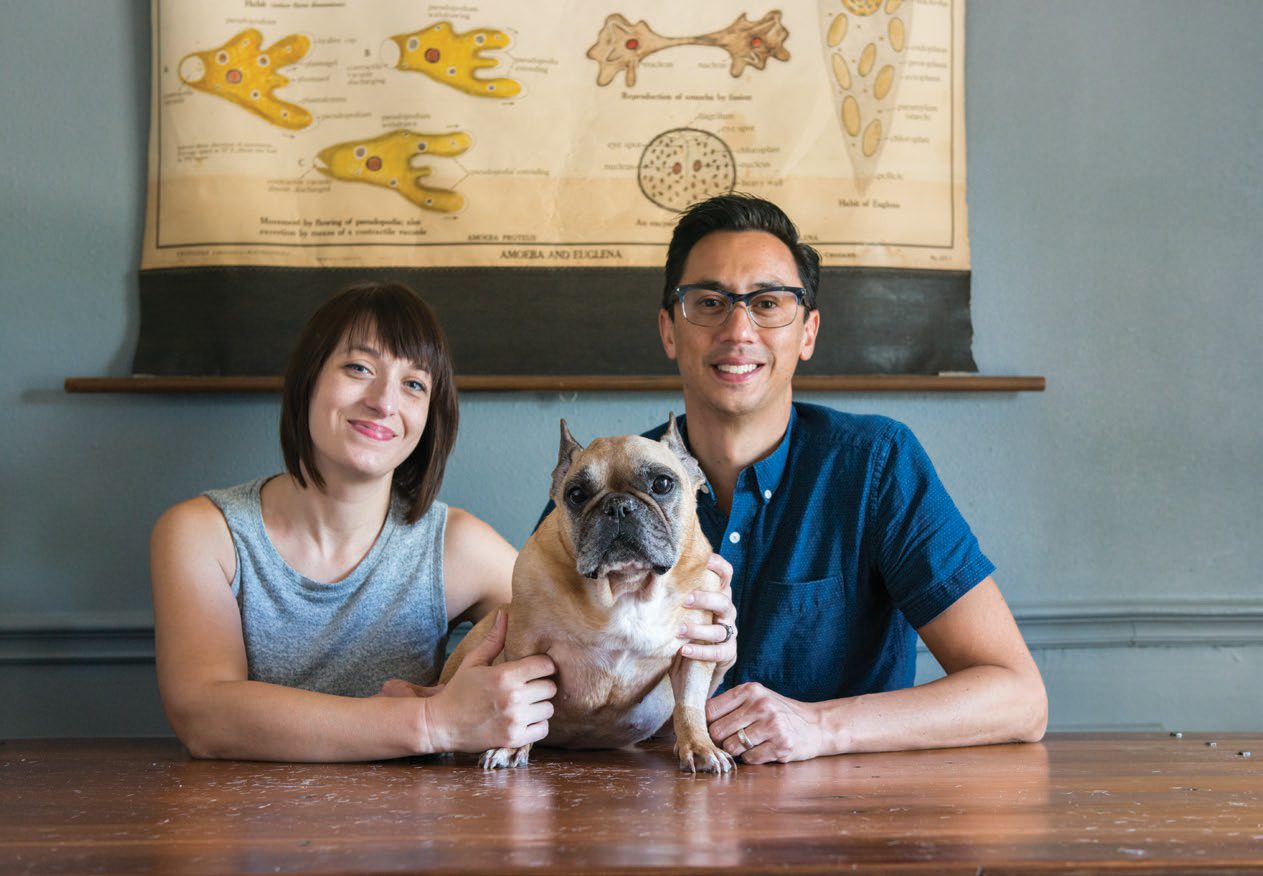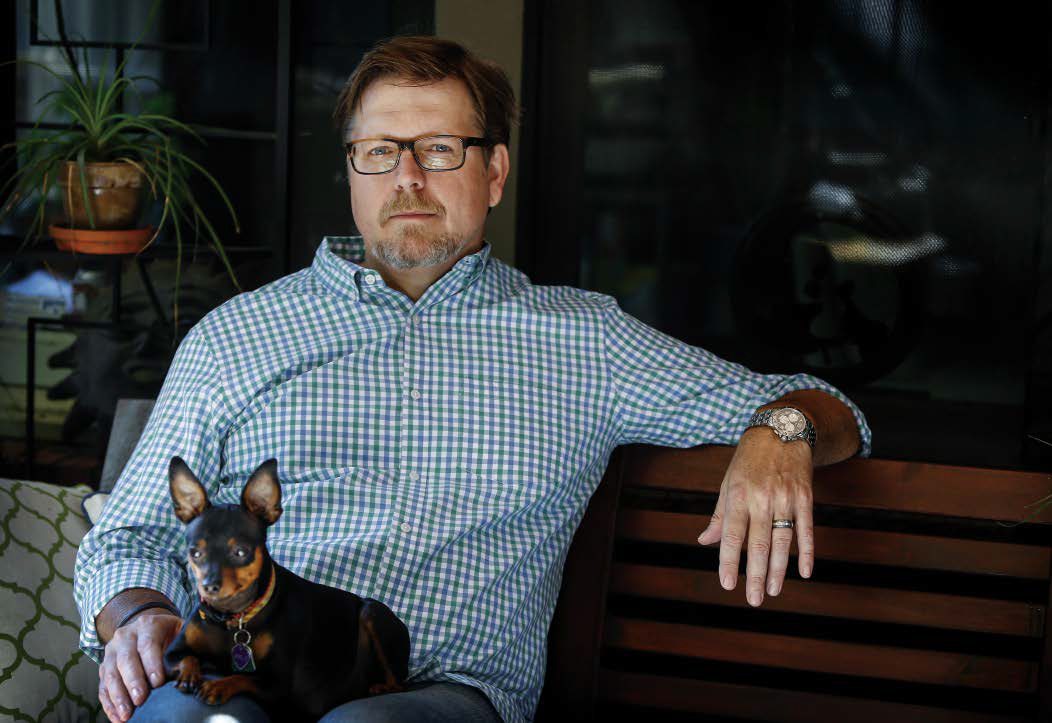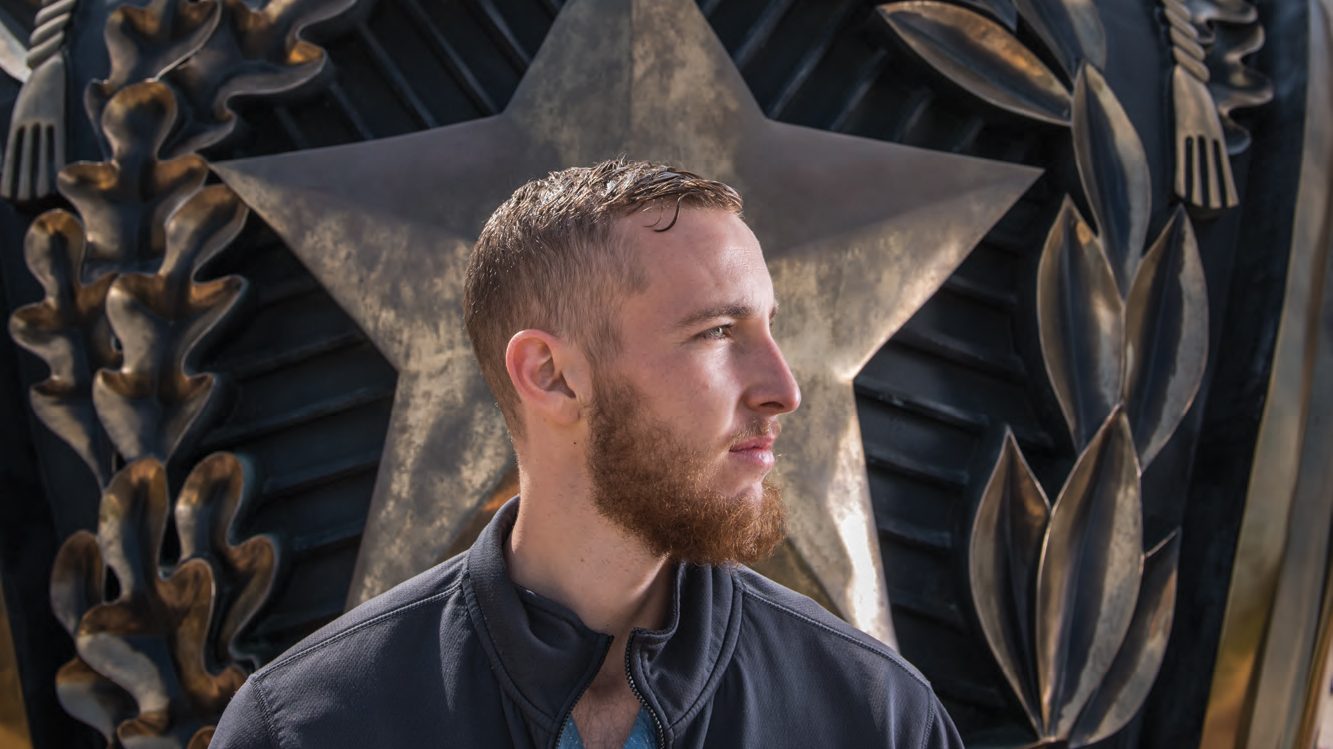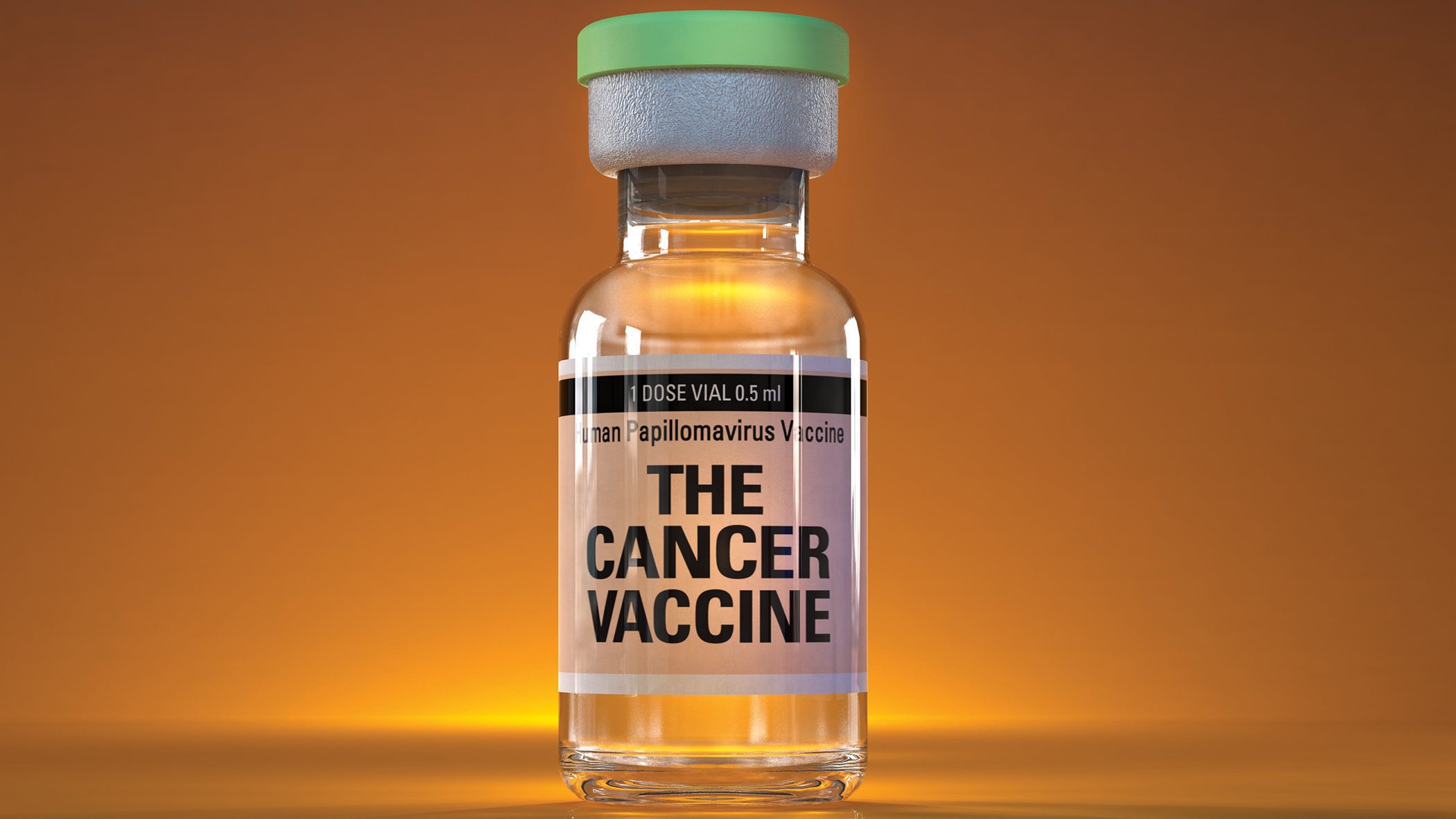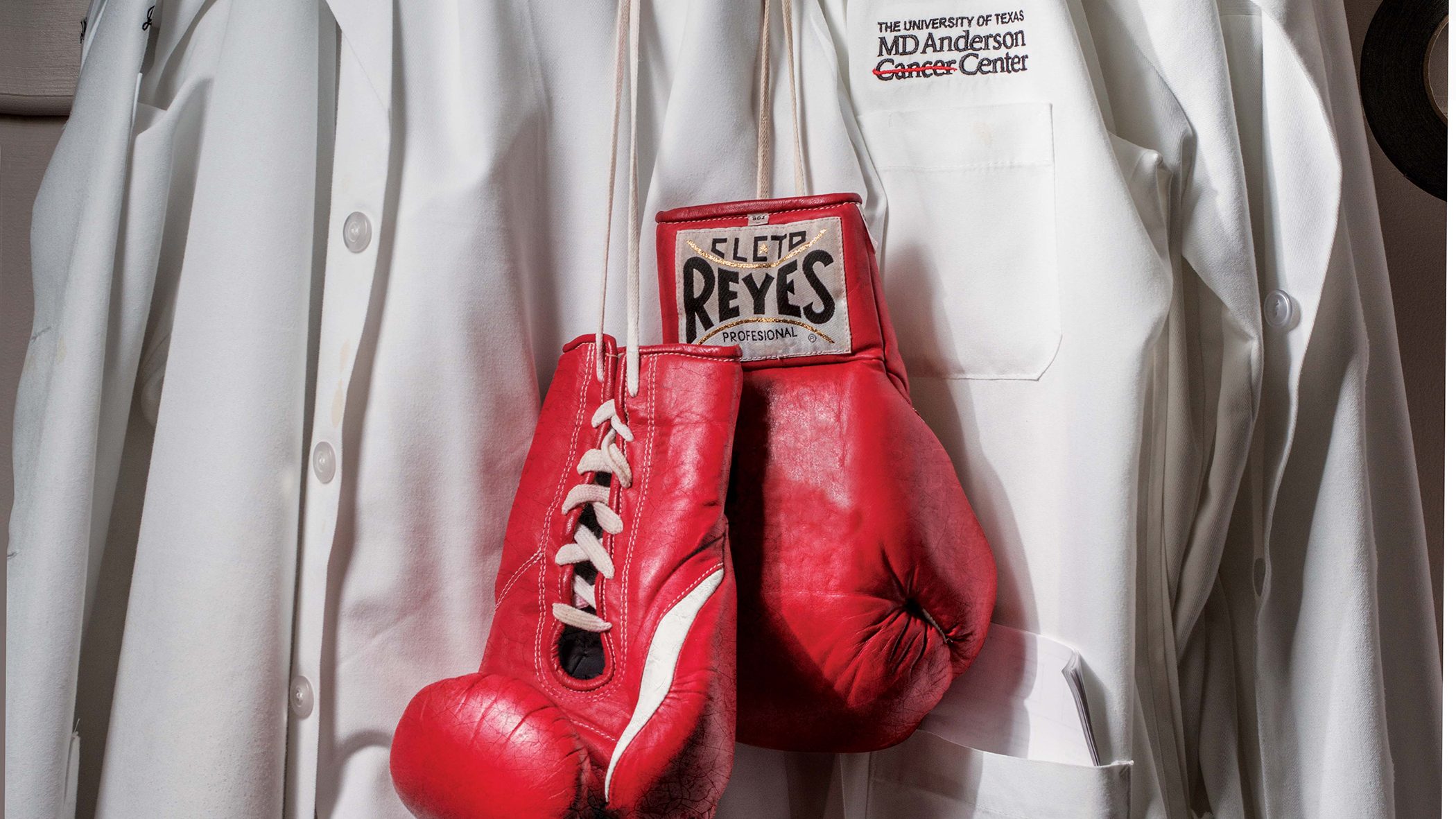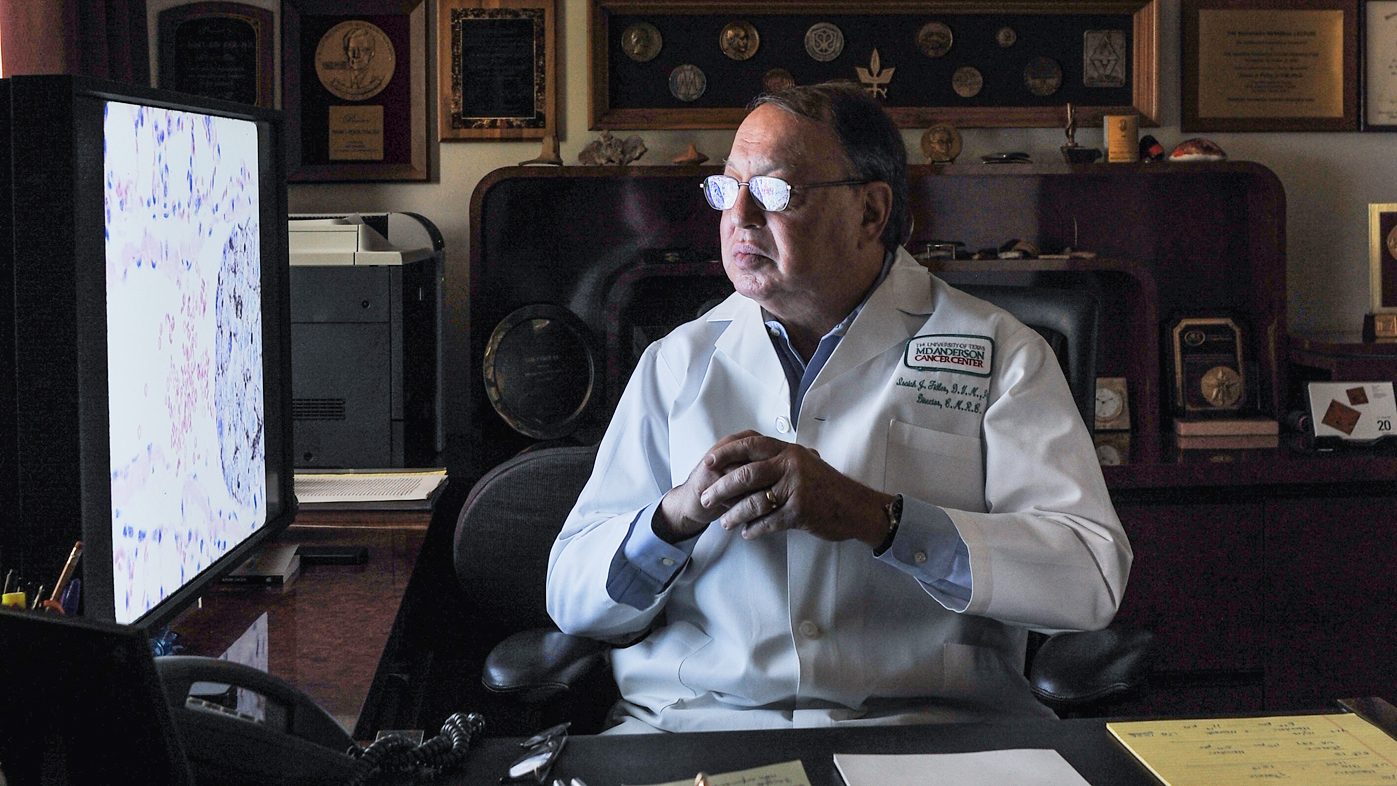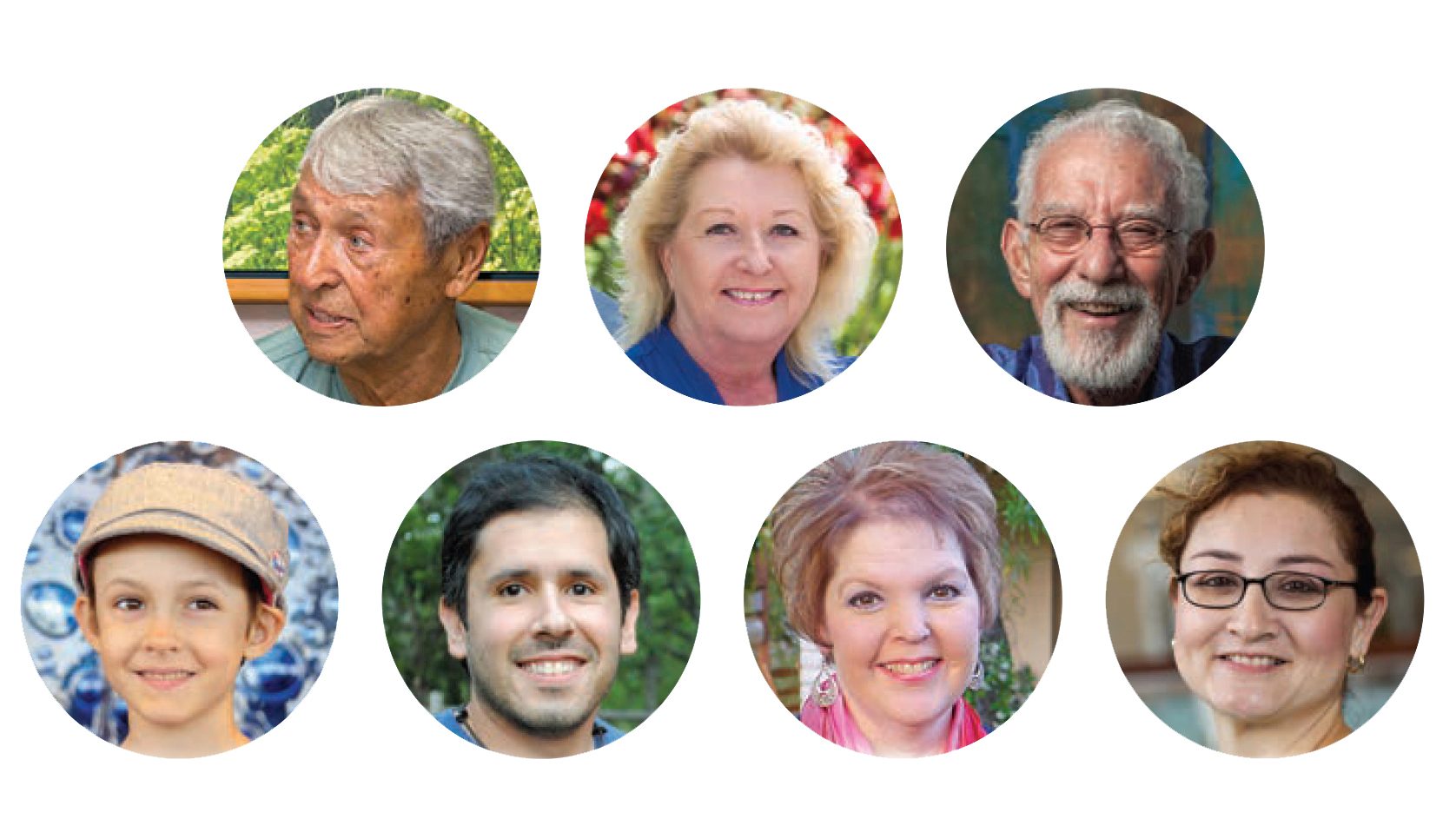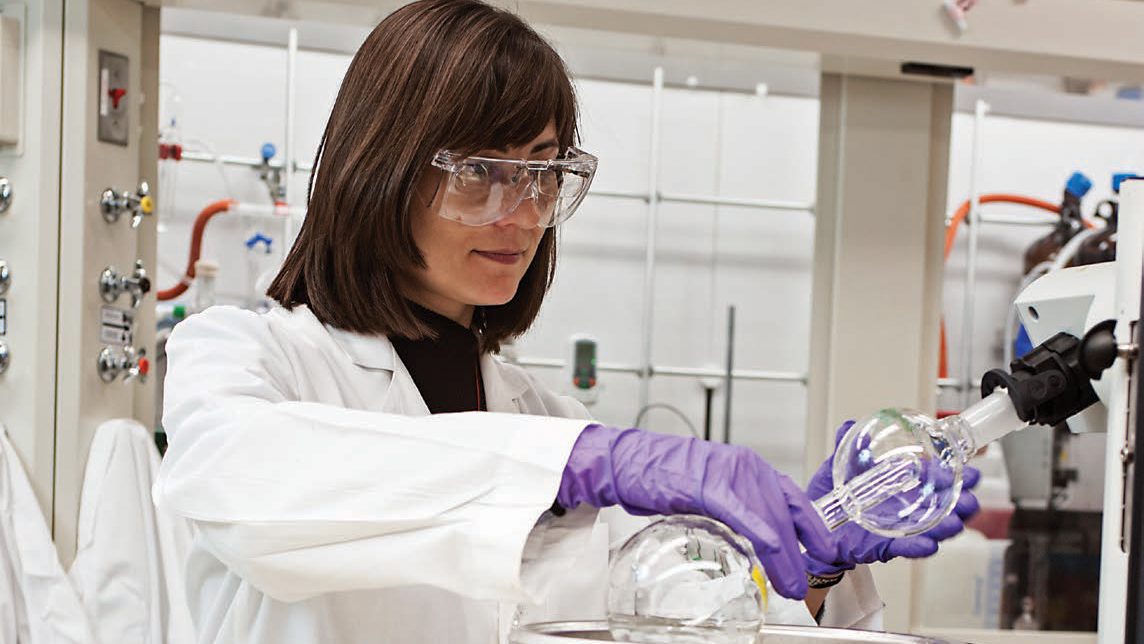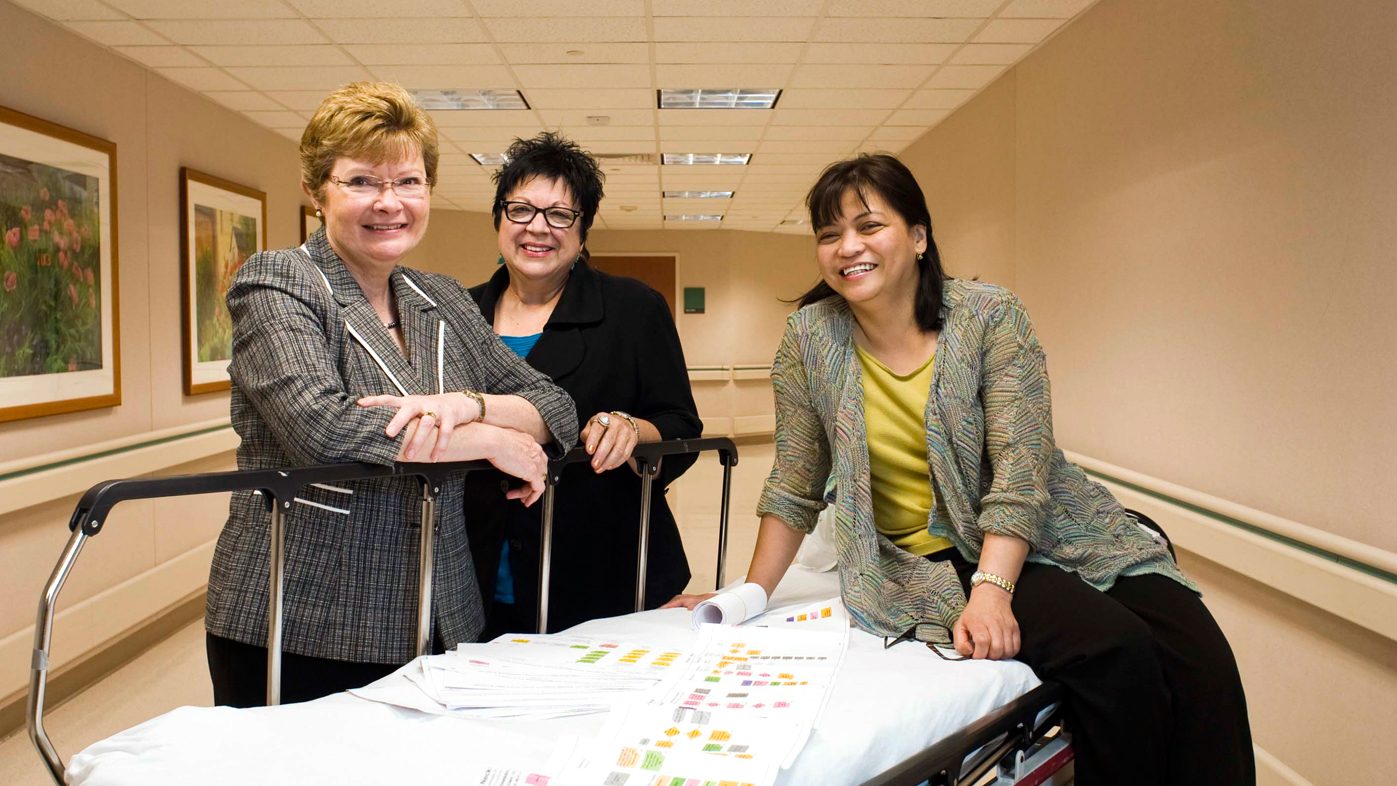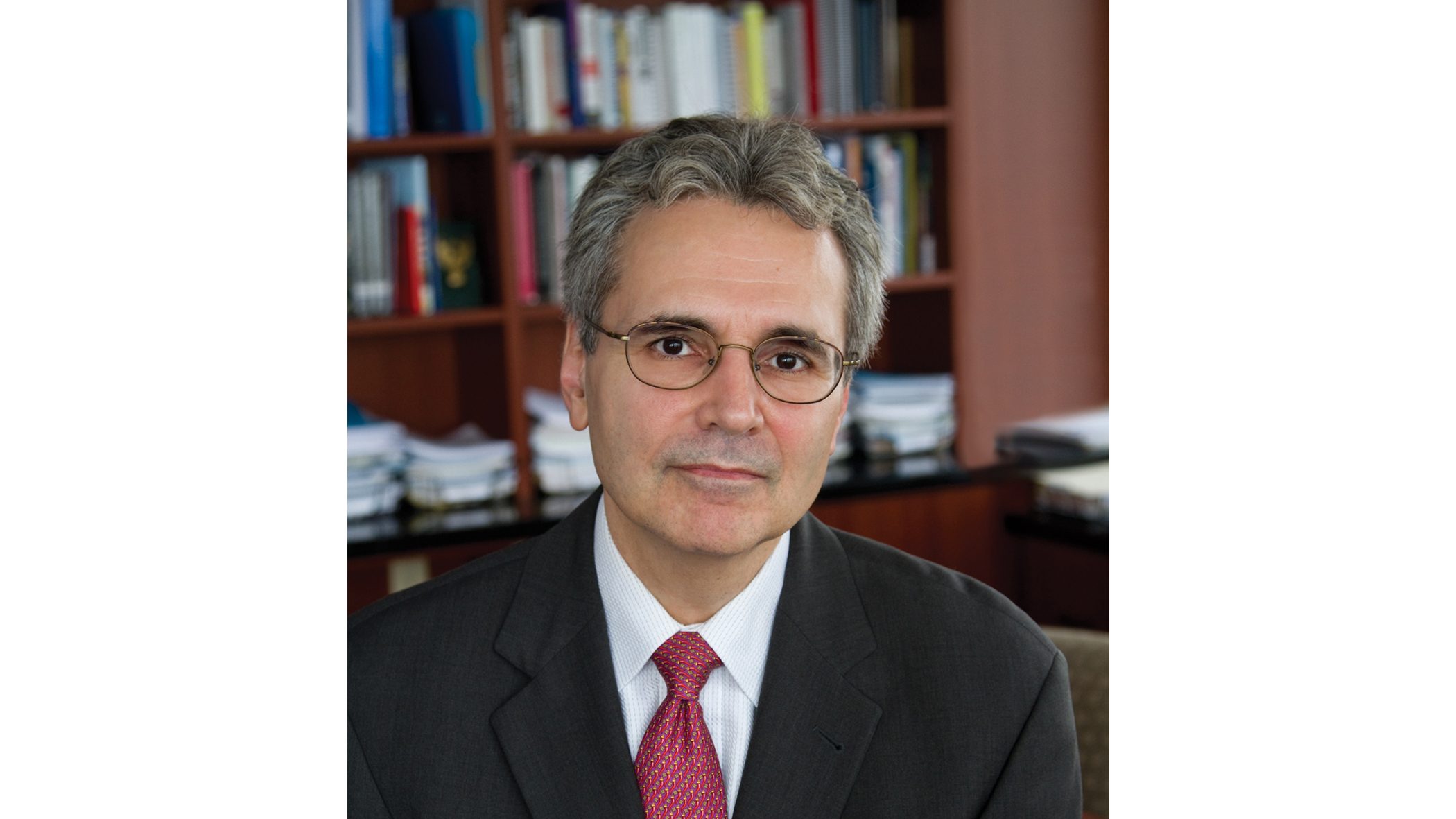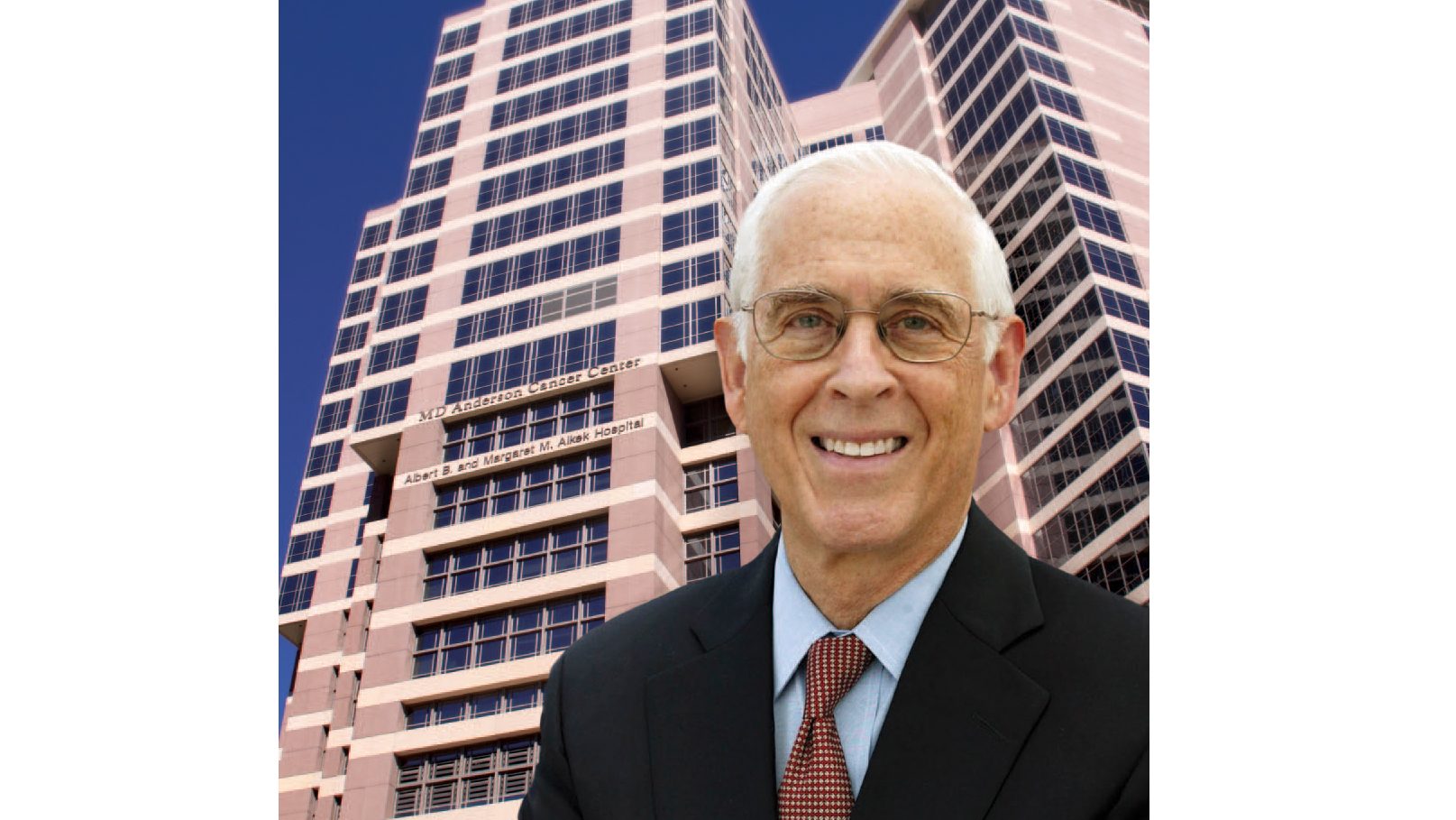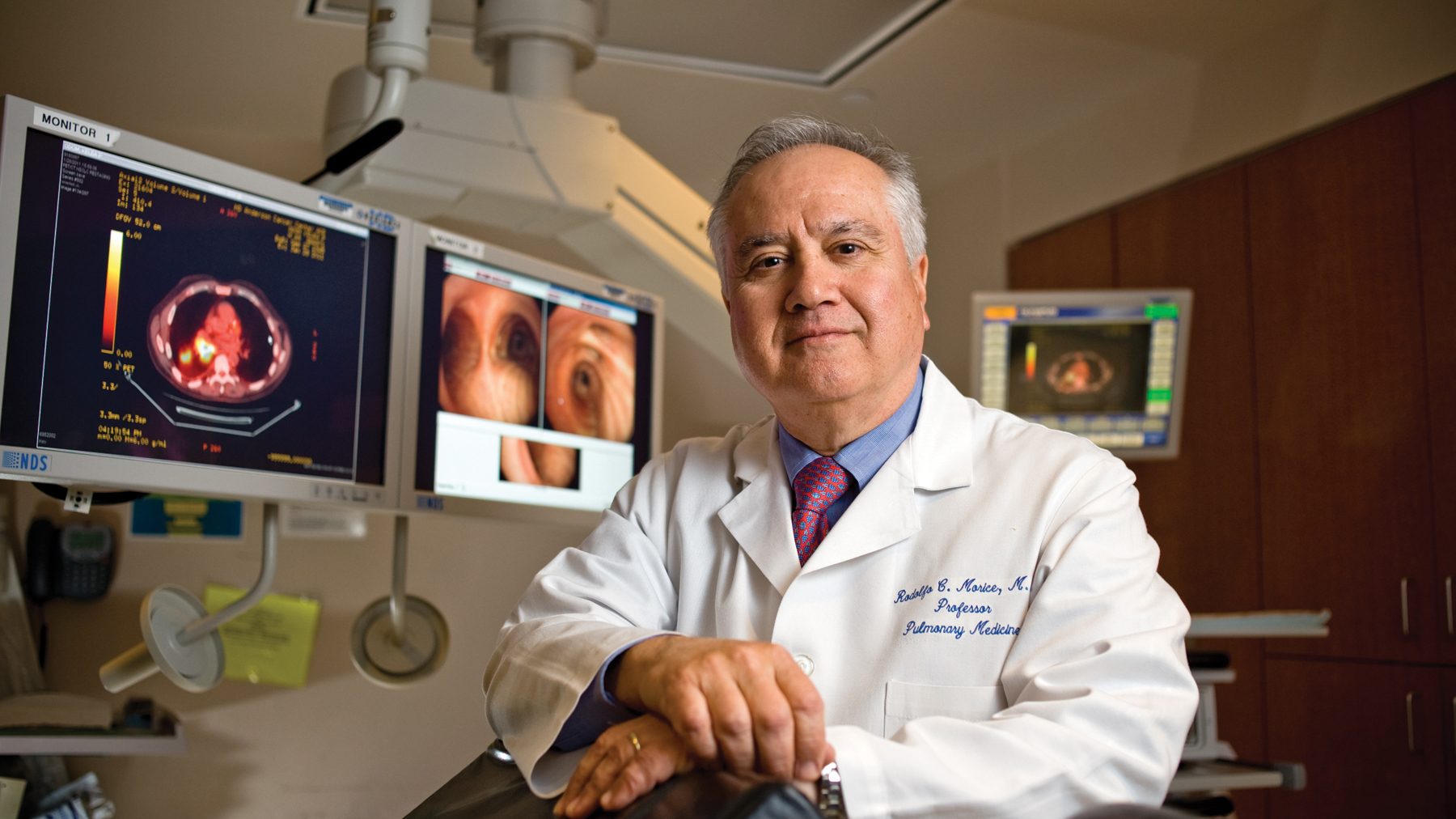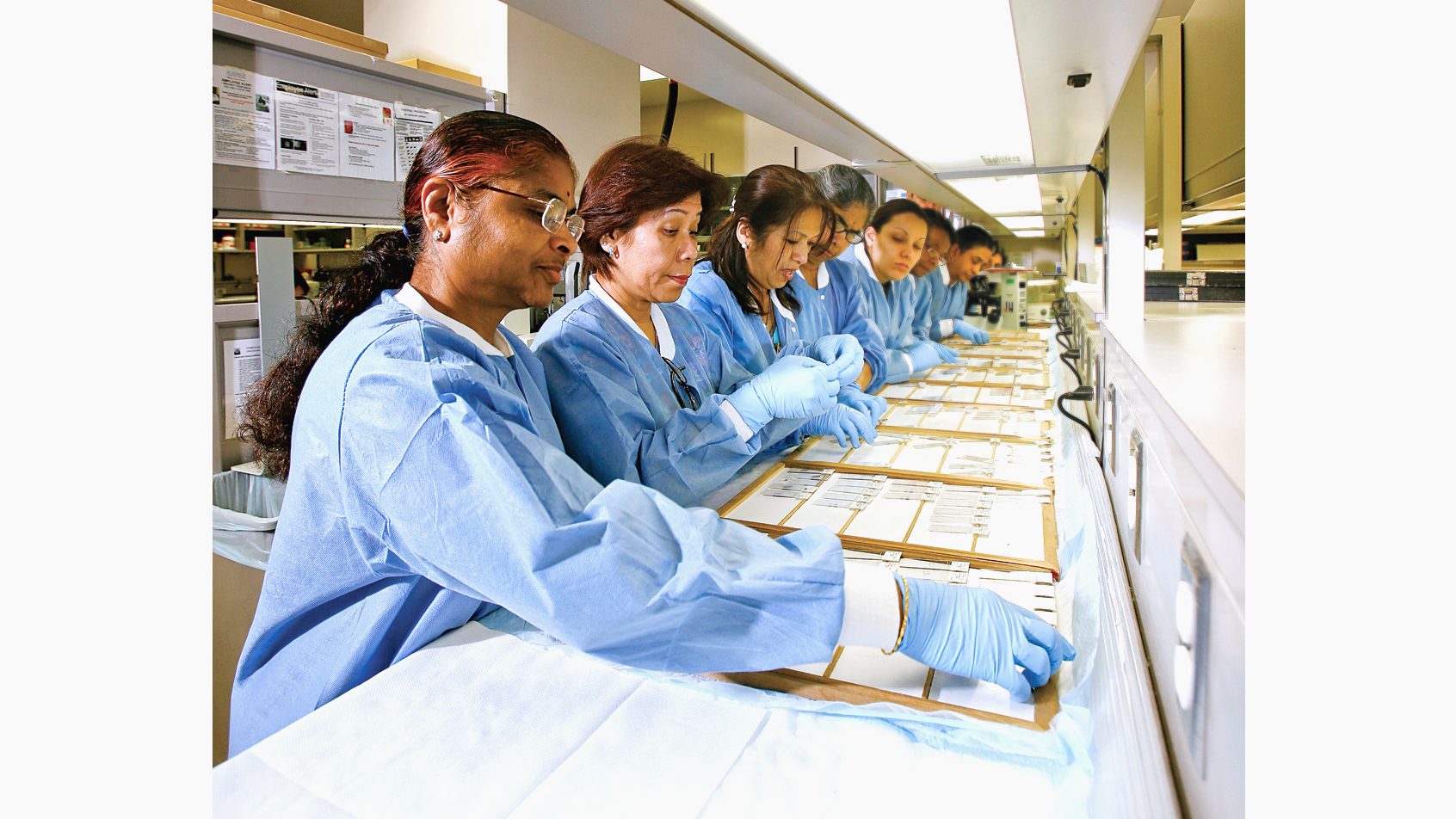Mission accomplished: NASA doctor receives personalized leukemia treatment

Summer 2015
The Summer 2015 issue of Conquest features stories about preventive action being taken by women who’ve inherited elevated cancer risks, the importance of palliative care, the Moon Shots Program’s research platforms and much more.

Jenna Arnold is reducing risk while...
Like most parents, Jenna Arnold is doing all she can to ensure that she’ll live a long life to see her son, Jack, grow up and pursue his dreams. Women such as Arnold, who carry BRCA gene mutations, are participating in a first-in-the-nation MD Anderson clinical trial to reduce their risk of cancer while leaving menopause for later.
Blood test could reveal pancreatic cancer earlier
MD Anderson researchers believe they may have found a way to detect pancreatic cancer at an early stage, before it has spread to other...
Don’t let the sun catch you unprepared
To prevent skin cancer — the most common type of the disease — it’s important to be informed about the sun’s harmful effects and...
Harnessing a mushroom’s toxin to kill cancer
For some time, cancer researchers have considered alpha-amanitin, the toxin derived from “death cap” mushrooms, as a possible cancer...
Doctors from MD Anderson and Houston Methodist Hospital have performed what is believed to be the world’s first partial skull and...
Palliative care and hospice care aren’t synonymous. Palliative care is a branch of medicine that helps patients deal with the physical...
To better understand the Moon Shots Program, we offer a look at the 10 platforms that drive the research.
When they aren’t fighting cancer, these faculty and staff members are expressing themselves
The MD Anderson Cancer Network® allows the institution to collaborate with healthcare providers to provide MD Anderson’s model of...
Ten years after San Antonio businessman Red McCombs and his wife, Charline, made a transformative $30 million gift to MD Anderson,...
Mentors’ guidance is invaluable for young scientists and clinicians
Bree Sandlin’s inner strength and inner voice helped her conquer Stage III triple-negative breast cancer and Mount Kilimanjaro.
The FDA-approved lenvatinib is helping thyroid cancer patients who don’t respond to standard treatment
Previous Issues
View archives











